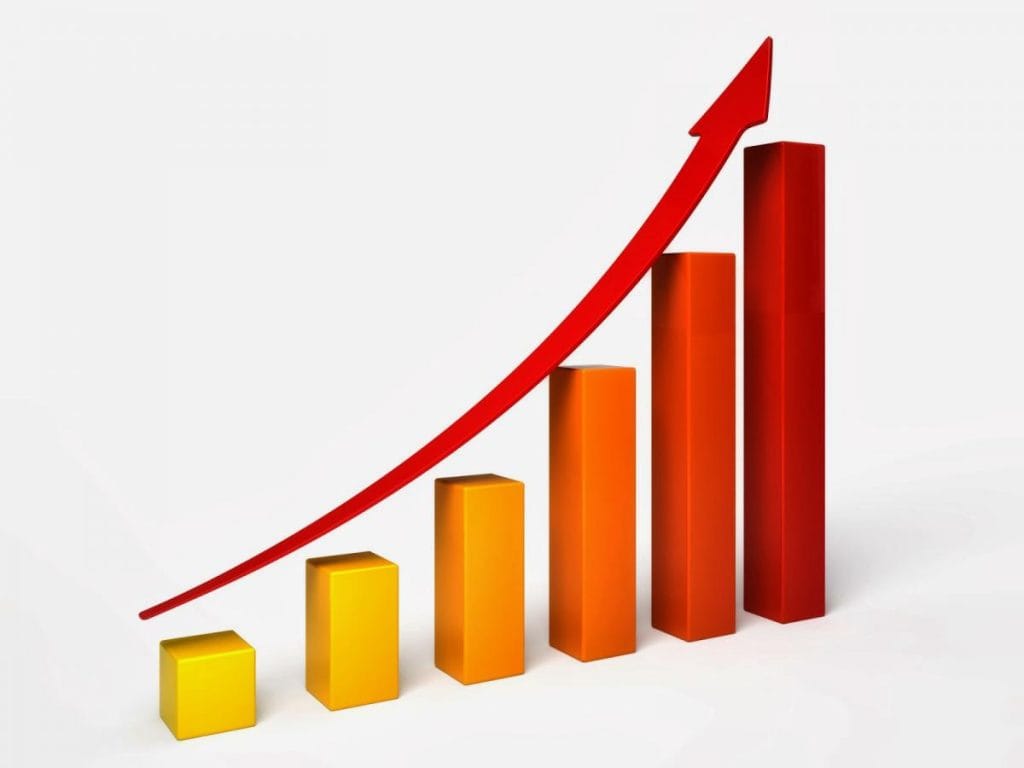Last year, total investment in technology startups across Africa dropped by over 50%, falling to $1.1 billion.
Only 200 startups benefited from this investment, and the biggest reason behind the decline was the tightening of global capital. In comparison, 406 startups received a combined $2.4 billion in 2023, clearly showing how unproductive 2024 was for the continent’s tech ecosystem.
But this was not the only negative factor. In 2023, there were 527 active investors, but this number dropped to 346 in 2024. Back in 2022, the number had reached 987, indicating a sharp and consistent decline in investor participation.
Moreover, while 26 different African countries attracted startup investments in 2023, only 17 countries managed to do so in 2024 — the lowest number since 2016.
The Decline Was Not Limited to the Continent
The main reason behind this decline lies in global factors. In particular, the drop in startup valuations in developed markets like Silicon Valley triggered a domino effect in emerging regions such as Africa.
Investors became more cautious, and interest in Africa — often perceived as a high-risk region — waned. Local currency instability also contributed to this trend.
“Startups Should Keep Building”
The so-called “Big Four” countries — Nigeria, Egypt, Kenya, and South Africa — which are considered Africa’s leading tech startup hubs, were not spared from the downturn either.
Commenting on the decline, Novastar Ventures Investment Director Abel Boreto told Disrupt Africa:
“2024 was a tough year for many startups and investors. The market correction continued. Most investors moved into wait-and-see mode. We saw high-profile failures like Copia and Gro Intelligence in Africa.”
Aaron Fu, Head of Ventures at DCG, said that this situation is not unique to Africa:
“This isn’t just an Africa-specific problem. Globally, we’re seeing a drop in venture capital activity. In fact, in February, global VC deals hit their lowest level in 12 months. Latin America and Southeast Asia have also been affected. Africa is not alone.”
Fu also emphasized a renewed focus on profitability and sustainable business models:
“We’re seeing more founders saying, ‘Maybe I won’t raise again, so I need to be profitable.’ It’s leading to a return to fundamental values.”
“Founders who build during periods of limited capital tend to be the ones driven by a true desire to create. These are often the most successful entrepreneurs. I view this not as a setback, but as a positive transformation.”
Fu also stressed that investor interest in Africa remains alive:
“We’re in constant touch with funds that are still actively investing in Africa. New funds are being closed. Entrepreneurs must keep building.”



